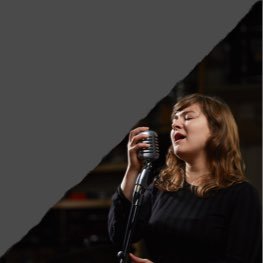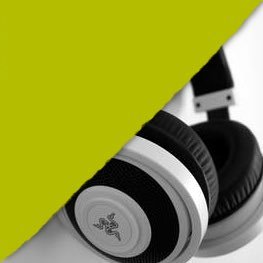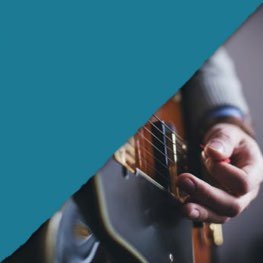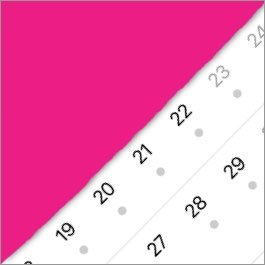IMPROVISING IN A BALLAD STYLE
By JJ Wheeler – musician, teacher and record producer
A ballad is a narrative verse set to music. It originated from the medieval French style of musical verse called ‘chanson balladée’ or ‘ballade’, which were dancing songs. As a ballad was created to be played alongside a dance, they were written in couplets with a refrain in every other line, which would have been sung by the dancers, keeping in time with the beat of the dance. The genre of the ballad was an extremely significant style of poetry and song within British culture during the medieval era, which lasted right up until the 19th Century. This style was then transferred firstly across to Europe and then much later to the Americas, Australia and North Africa.
The narrative side of the original ballad is said to have also been influenced by Scandinavian and Germanic styles of storytelling, such as the poem Beowulf. Musically, it is said to have been shaped by the 12th century German form of song writing called ‘Minnesang’. The first ballad that’s documented in England is called ‘Judas’ and was found in a 13th century manuscript. At first, ballads were usually produced and distributed on a single sheet broadside, which was also the method in which 18th century poets and composers created their own lyrical ballads. In the late 19th century the genre of the ballad started to move and change to form the type of ballad we know today: a slow song with lyrics concerning love.
There are many different types of modern ballad, for example: the jazz ballad, the pop and rock ballad and the power ballad. The modern ballad has a slower tempo with beat ranges from crotchet 50 to 80, and uses either a 4/4 or 12/8 time signature. It usually starts with an introductory verse, which is often 16 bars, and ends on the dominant, which is primarily a 16 or 32 bar chorus or refrain in AABA or ABAC form. When using the AABA forms, the B section is commonly known as the bridge.
According to British sociomusicologist, Simon Frith, the power ballad is said to have been created by the emotional singing of artists such as Ray Charles, as well as the interpretation of the style by artists such as Tom Jones and Joe Cocker, where the slow-tempo songs build up to a loud and emotional chorus, with the help of drums, electric guitar and occasionally a chorus of singers. In addition, journalist Charles Aaron claims that the power ballad originated in the early 1970s, where rock artists tried to portray deep and meaningful messages to their fans. Some of the most famous examples of power ballads are ‘I Don’t Want to Miss a Thing’ by Aerosmith and ‘Total Eclipse of the Heart’ by Bonnie Tyler.
Improvising in a ballad style
Ballads are usually quite emotionally charged with a slower tempo, so it’s good to use longer phrases, allowing musical ideas to generate over a few bars, especially during the first and second repetitions. One way to create longer phrases is to focus on beats one and three each bar (if in 4/4), so one bar feels a little bit more like half a bar. You could aim to pick a small musical idea and develop it over the repetitions, so you begin with the germ of an idea and expand it each time. Don’t be afraid to use long notes across chord changes (suspensions), or perhaps use brushes if you are a drummer. Vocalists should use melisma; this means to move between notes on one syllable, showing flexibility across ranges. Don’t forget this is probably a love song, so imagine a story and it will help you to be inspired!
Example improvising videos
Watch videos with session musicians and Rock & Pop examiner JJ Wheeler, and session musicians Harry the Piano and Brendan Reilly for tips and ideas on how to improvise in a ballad style:
Influential artists
There are several significant female vocalists within the ballad genre, such as Celine Dion, Whitney Houston and Mariah Carey. These artists have been considered to have brought the power ballad back into the mainstream, through their enormous catalogues of songs within this genre. They have also each made a huge impression on the music industry, with numerous singers both male and female citing them as their influence.
Whitney Houston was internationally renowned for her vocal talents and was predominantly known as a mezzo-soprano, with a huge vocal range and astounding technical skills. One of her greatest talents was the meaning and emotion that she could portray within a song, which is a key aspect within the ballad genre.
Celine Dion is famous for her skilled and strong vocals, with a steady and precise pitch and vibrato. Her famous ballads include the internationally acclaimed song from Titanic ‘My Heart Will Go On’ and her original top hit ‘The Power of Love’.
Mariah Carey’s voice has been described as both an alto and a soprano over the years. She has a five-octave vocal range with a melismatic style, but has also previously reached notes even further than the seventh octave. Her style of vocals includes a mix of strong belting, breathy notes, riffs, whispers and syncopation.
Meat Loaf, is one of the best-selling artists of all time and is extremely influential within the ballad genre. He has a three-octave vocal range and is widely thought of as the king of the power ballads, with such songs as ‘I Would Do Anything For Love’ and ‘Two Out Of Three Ain’t Bad’.
There are also a number of more contemporary artists who are significant within the ballad genre, such as Beyoncé, Leona Lewis, Kelly Clarkson and Adele. Throughout Beyoncé’s career she has recorded both slow ballads and power ballads, such as the songs ‘Listen’ and ‘If I Were a Boy’. She has a vast vocal range and puts a modern take on her power ballads, through her unique tone and timbre.
Leona Lewis, who is a mezzo-soprano and has a four octave vocal range, is famous for her technically skilled vocals. She is able to move from low notes to high falsetto in a smooth and controlled way, whilst adding in both fluctuations and modulations. Her song ‘Bleeding Love’ is an extremely popular contemporary ballad, with vast international success.
American Idol winner Kelly Clarkson is also renowned for her power ballads, as seen with her hit song ‘Because Of You’. As a soprano singer, she has an extremely large vocal range and is known for her outstanding technical skills, adaptable vocals and meaningful performances.
Singer-songwriter Adele brings a slightly edgier sound to the traditional ballad, but her lyrics are renowned for their description of love, and relationships which is a common aspect of the genre. Her song ‘Set Fire to the Rain’ is one of the most famous power ballads of the noughties, and she even won a Grammy Award for Best Pop Solo Performance for the song following her Live at the Royal Albert Hall concert.
Ballad Spotify playlist
We've pulled together a playlist of ballads that appear on our Rock & Pop 2018 syllabus as well as other great ballads for further inspiration and ideas. Follow our Spotify profile and playlists to easily find the playlists whenever you want to have a listen.
About JJ Wheeler
JJ Wheeler is a professional touring and session drummer and percussionist, teacher and record label producer. He has worked with artists such as Celine Dion, worked on West End musicals including The Bodyguard and regularly performs in a range of bands across the UK and abroad. JJ runs workshops, clinics and masterclasses all over the world, and is also a Trinity Rock & Pop examiner
